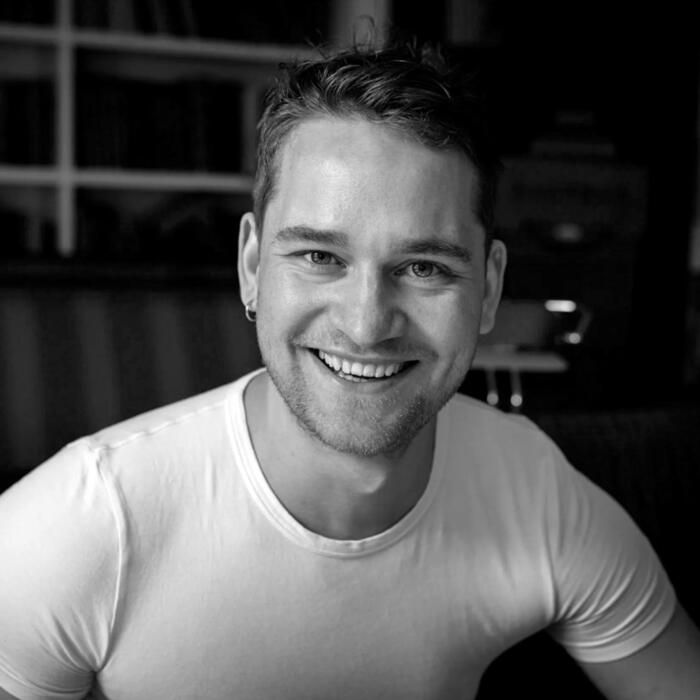69cc.jpg?itok=HGm7pBsc)
Gilgamesh saw the deep, the bedrock of the land,
he knew the ways and learned all things.
— from Gilgamesh, translated by Sophus Helle
"One is not simply born human," writes celebrated scholar and translator Sophus Helle. "To be human, for the ancient Babylonians, involved finding a place for oneself within a wider field defined by society, gods and the animal world."
Gilgamesh appeals to our sense of fundamental humanity. The Babylonian poem, composed in ancient Iraq millennia before Homer, is an epic for the ages: a story about loss, grief, and finding peace in one’s community. When the poet Rainer Maria Rilke first read it in 1916, he wrote in a letter to Katherina Kippenberg: “I feel that it concerns me.” Countless readers have had the same experience. Thousands of years after its composition, Gilgamesh continues to concern us in different ways.
In this three-part seminar, Helle will discuss the Gilgamesh's languages and systems of writing, the cultural world in which it was composed, and the fragmentary state of the text, while also exploring the epic's poetry and its modern reception.
Class meets from 2:30 - 3:45 p.m. EDT on Wednesdays: May 22, May 29, and June 5.
Helle will reference his translation of the text, Gilgamesh: A New Translation of the Ancient Epic (Yale University Press, 2022), which registrants are encouraged to buy.
This live, virtual course is structured to encourage participation. Registrants will receive Zoom links a week before each session, a day before each session, and the morning of each session. Class recordings will be made available within forty-eight hours of a session. All recordings and class materials will remain available for thirty days after the final session.
Scholarship applications must be submitted by Wednesday, May 15 at 5 p.m. EDT.
For information on how to register, how to receive the member discount, how to apply for a scholarship, how to access recordings and course materials, and more, please visit our FAQ page.

Sophus Helle
Sophus Helle is a postdoctoral researcher at Princeton University. He received an MA in Assyriology from the University of Copenhagen and a PhD in comparative literature from Aarhus University. He is the winner of the 2020 European Young Researcher Award Popular Prize and the 2021 Aarhus University Research Foundation PhD Prize.
Registered attendees get access to live session links, recordings of past sessions, and all seminar materials.
